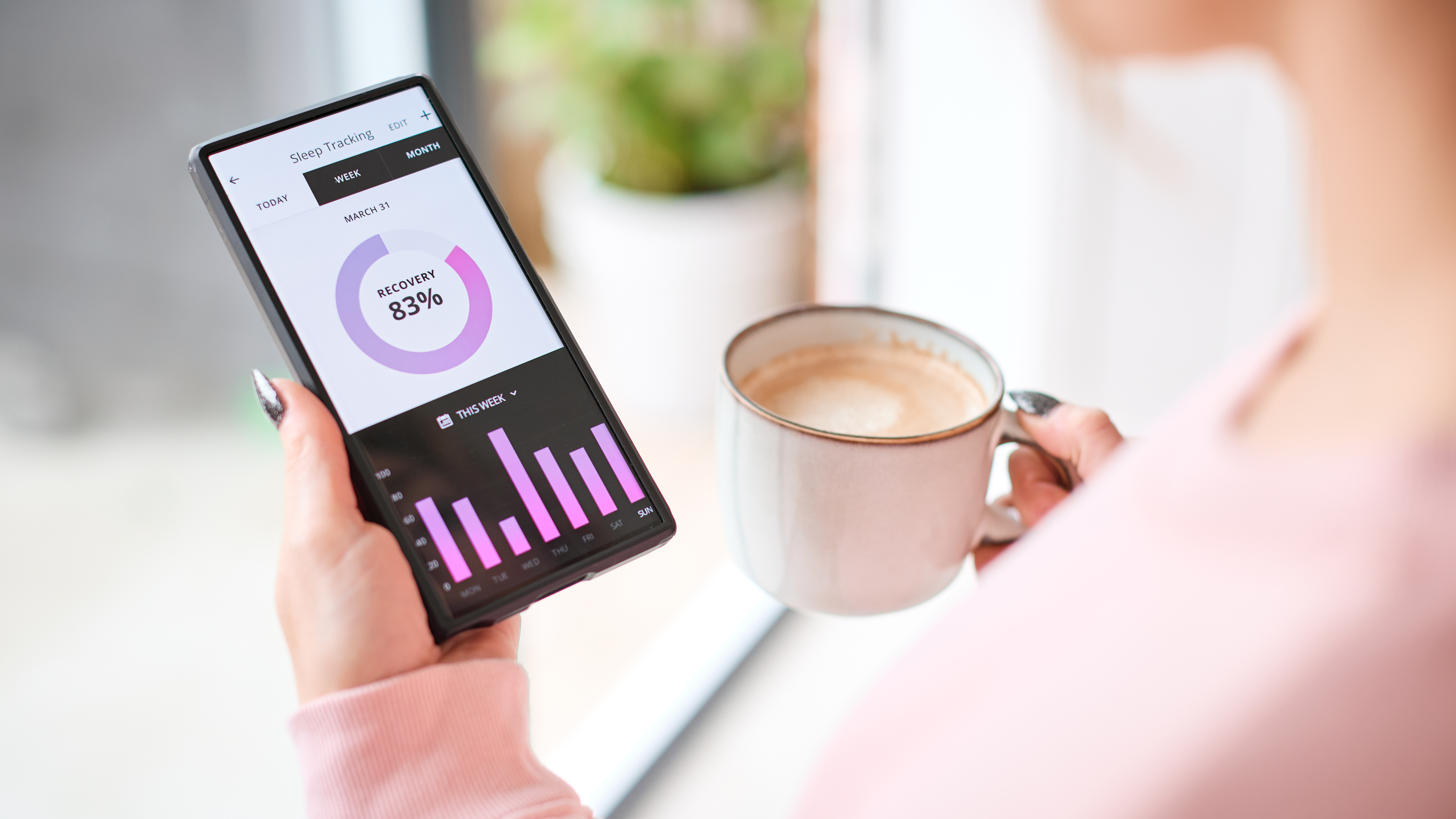Healthy Habits That Unknowingly Raise Blood Pressure
41. Orthosomnia: The Stressful Pursuit of Perfect Sleep

While aiming for good sleep is healthy (#8), an obsession with achieving "perfect" sleep scores from trackers, leading to anxiety about sleep duration, stages, or interruptions, is termed orthosomnia. This anxiety itself can ironically disrupt sleep quality and elevate stress hormones, negatively impacting blood pressure. *Smart Tip: Use sleep trackers as general guides, not definitive measures of health. Focus on consistent sleep routines and good sleep hygiene rather than stressing over perfect data. If sleep is a persistent issue, consult a doctor.
42. Using Nasal Decongestants Chronically

Over-the-counter nasal decongestant sprays and pills (containing phenylephrine or pseudoephedrine) are generally safe for short-term use, but chronic reliance on them can elevate blood pressure. These medications work by causing vasoconstriction (narrowing of blood vessels) throughout the body, including the nasal passages, to reduce swelling. When taken systemically and regularly, this widespread vessel constriction increases peripheral resistance, directly leading to a measurable and sustained rise in blood pressure. Smart Tip: Use saline rinses for congestion relief, and limit decongestants to only a few days at a time, consulting a doctor for chronic issues.
